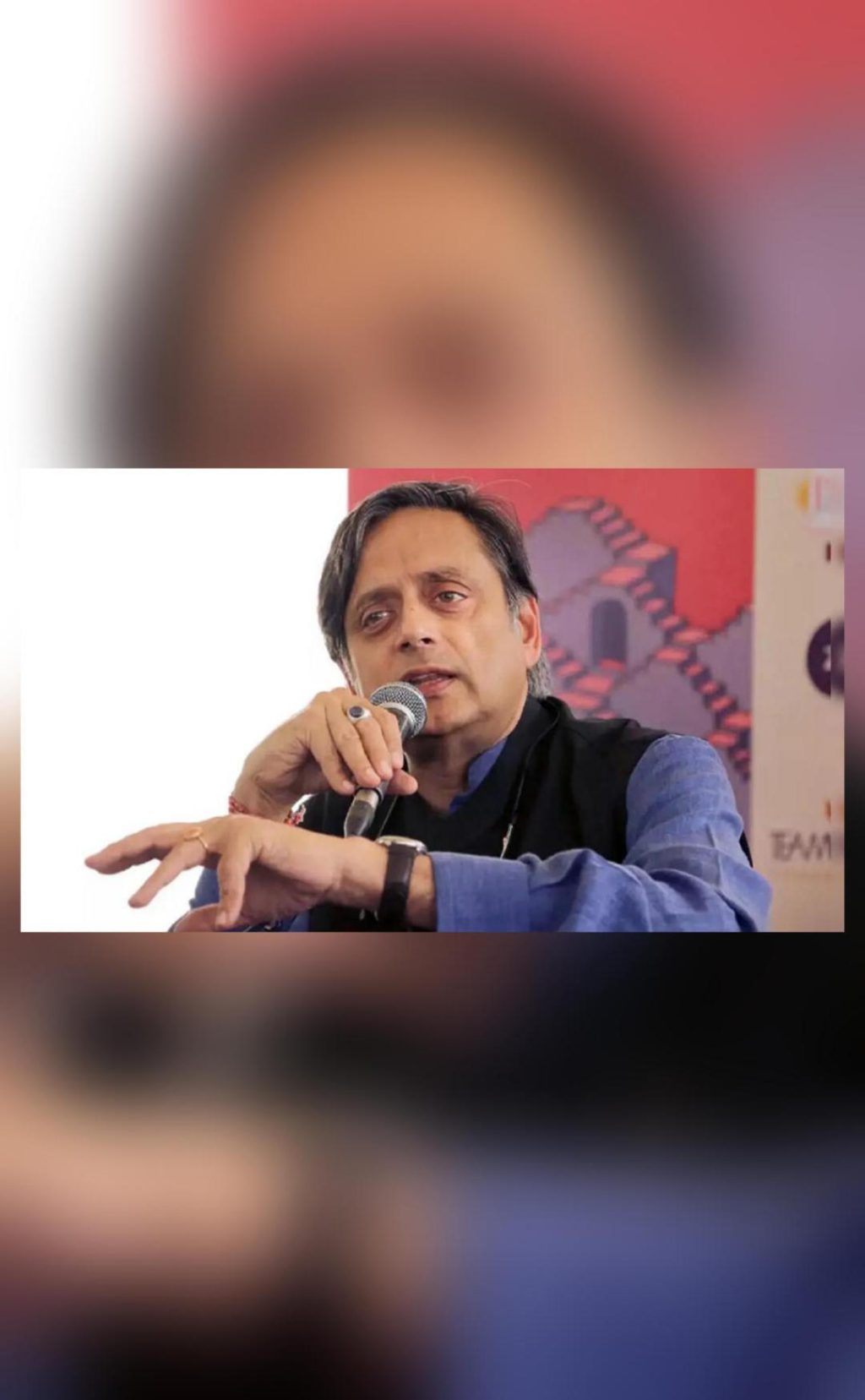
Title: Pak should forget idea of bleeding India by 1,000 cuts: Tharoor
In a recent statement, Congress MP Shashi Tharoor highlighted the need for Pakistan to abandon its strategy of “bleeding India through a thousand cuts” and instead, focus on cracking down on the infrastructure of terrorism. Tharoor, who was leading an all-party delegation on Operation Sindoor in Brazil, emphasized that if Pakistan is as innocent as they claim to be, they should not provide safe haven to wanted terrorists.
Tharoor’s statement is a direct response to Pakistan’s longstanding policy of using terrorism as a tool to bleed India through a thousand cuts. This strategy involves supporting and funding terrorist organizations to carry out attacks on Indian soil, thus creating an environment of fear and instability. Pakistan’s intention is to weaken India’s economy, social fabric, and political stability, ultimately making it easier to negotiate from a position of strength.
However, Tharoor’s suggestion that Pakistan abandon this strategy is a welcome change in the narrative. For too long, Pakistan has been using terrorism as a tool to achieve its political objectives, and India has been forced to pay the price. From the 1989 Pulwama massacre to the 2019 Pulwama attack, Pakistan-backed terrorist organizations have been responsible for some of the most devastating attacks on Indian soil.
Tharoor’s demand for Pakistan to crack down on the infrastructure of terrorism is a crucial step towards peace and stability in the region. Pakistan’s government and intelligence agencies have been accused of providing safe haven to wanted terrorists, including those responsible for attacks on Indian soil. If Pakistan is as innocent as they claim to be, they should have no problem in taking action against these individuals and dismantling the networks that support them.
The problem, as Tharoor pointed out, is that Pakistan’s actions are not transparent, and their words do not match their deeds. They claim to be fighting terrorism, but in reality, they are providing support to terrorist organizations. This lack of transparency and accountability is a major obstacle to peace and stability in the region.
Tharoor’s statement is not only important for the current situation but also for the future of India-Pakistan relations. For too long, India has been trying to engage with Pakistan in a dialogue, but Pakistan’s refusal to take concrete steps against terrorism has hindered progress. Tharoor’s suggestion that India and Pakistan can talk once Pakistan cracks down on the infrastructure of terrorism is a welcome change in the narrative.
In fact, Tharoor’s statement highlights the importance of India-Pakistan talks being based on concrete actions rather than empty words. For too long, Pakistan has been using talks as a way to stall for time and avoid taking action against terrorism. India, on the other hand, has been willing to engage in talks, but only if Pakistan takes concrete steps to combat terrorism.
Tharoor’s statement also highlights the importance of language in international diplomacy. Tharoor suggested that India and Pakistan can talk in Hindustani, Punjabi, or English, the problem is not the language but the lack of concrete actions. This statement is a clear message to Pakistan that India is willing to engage in talks, but only if they take concrete steps to combat terrorism.
In conclusion, Tharoor’s statement is a welcome change in the narrative, and it highlights the need for Pakistan to abandon its strategy of “bleeding India through a thousand cuts”. Pakistan’s government and intelligence agencies must take concrete steps to crack down on the infrastructure of terrorism and provide safe haven to wanted terrorists. Only then can India and Pakistan engage in meaningful talks that lead to peace and stability in the region.






